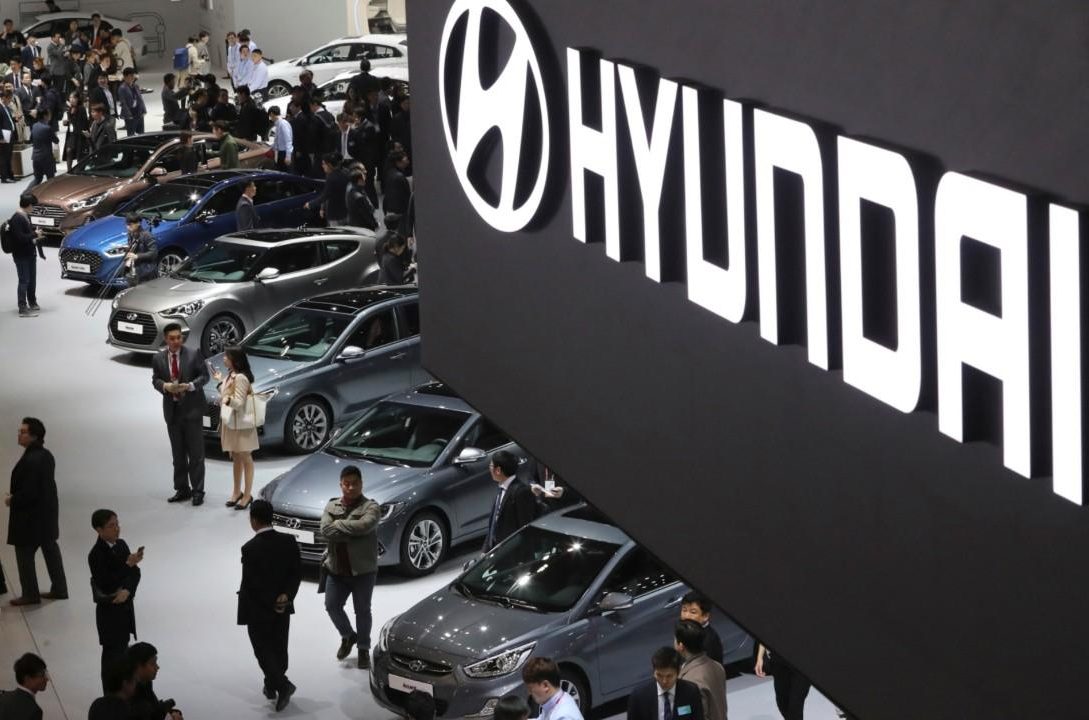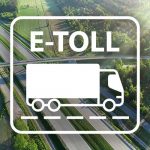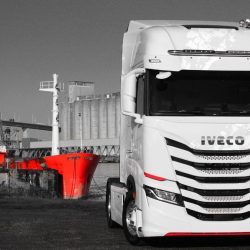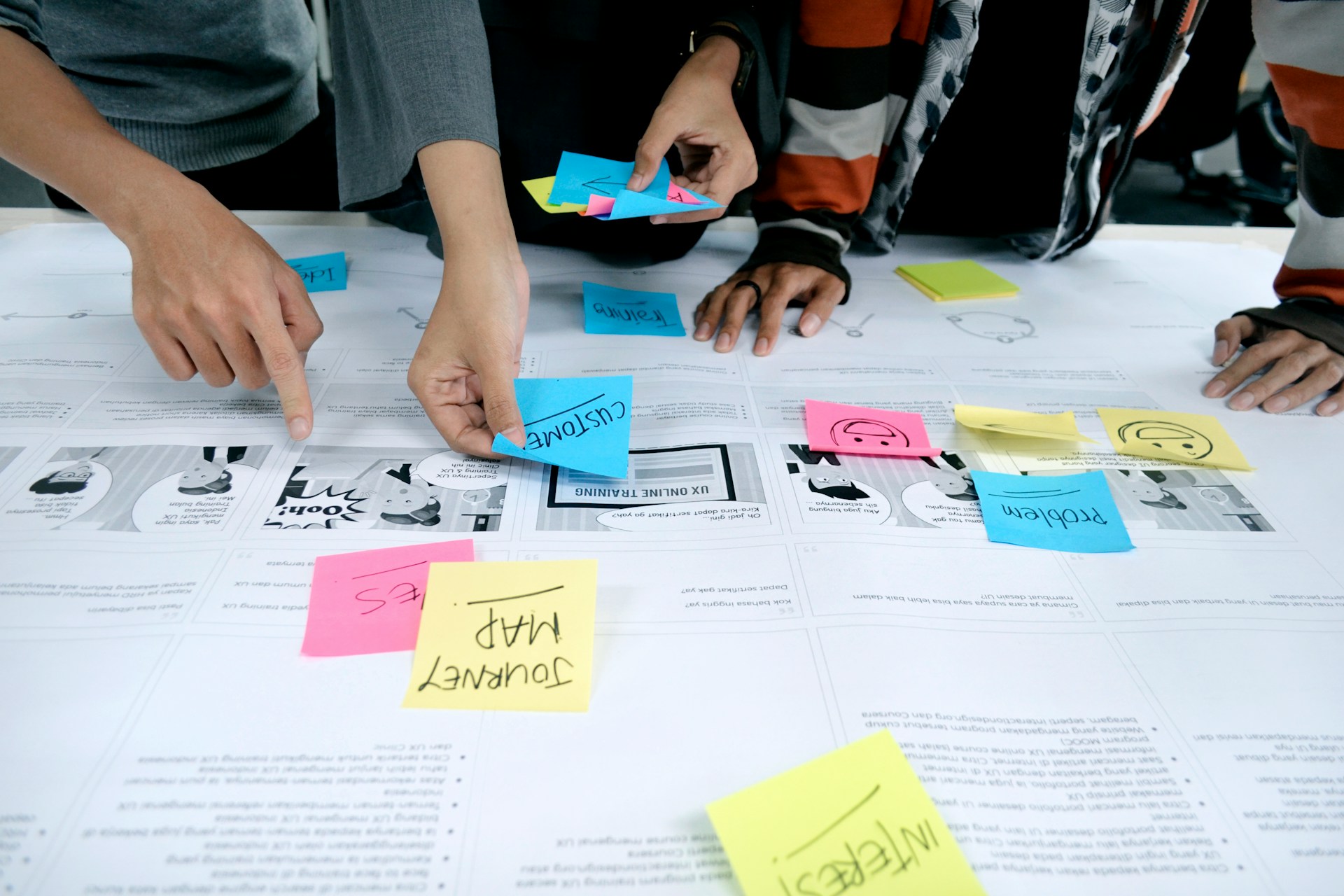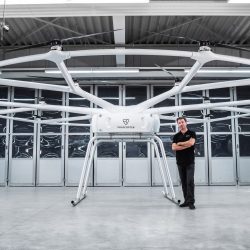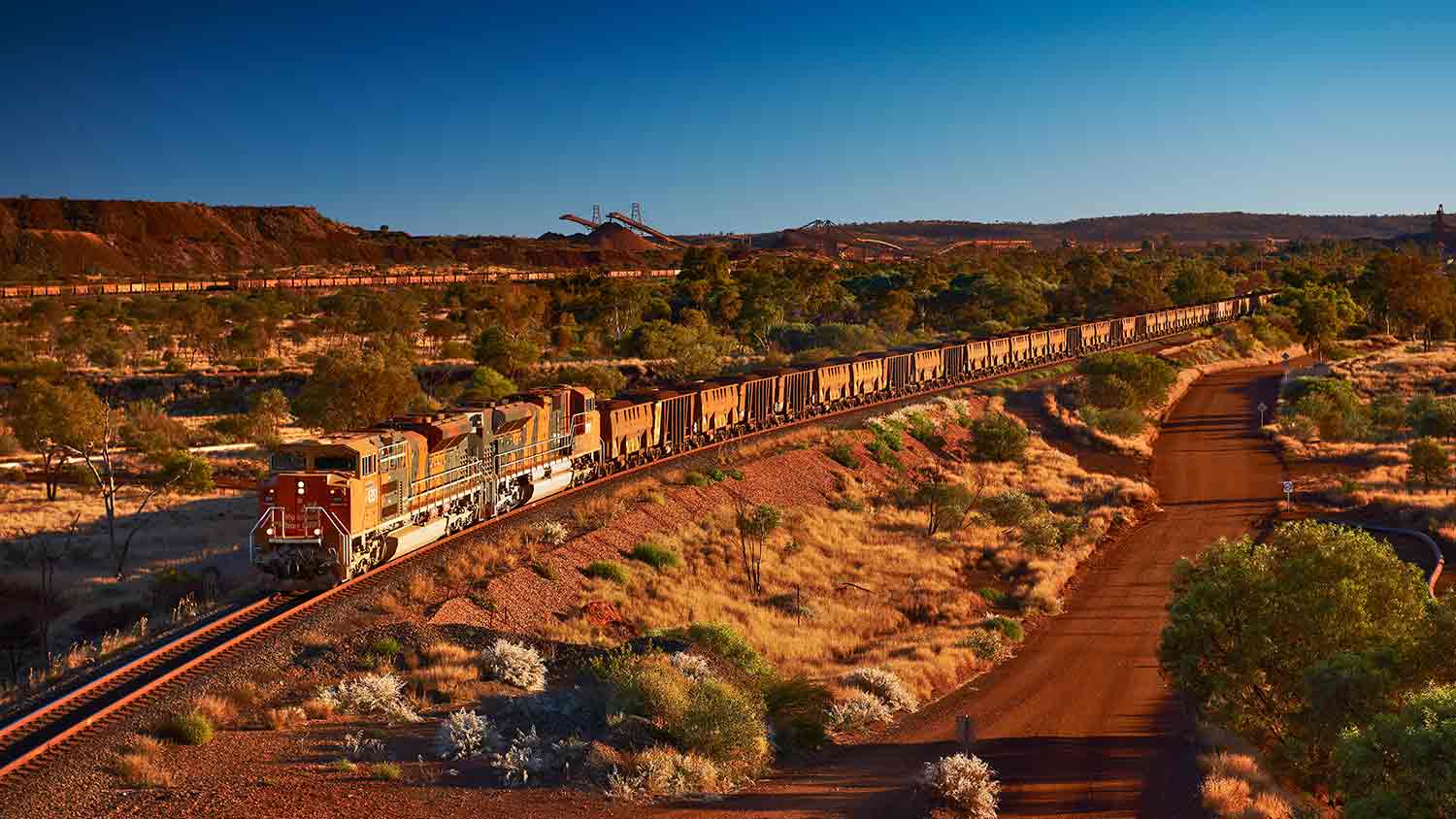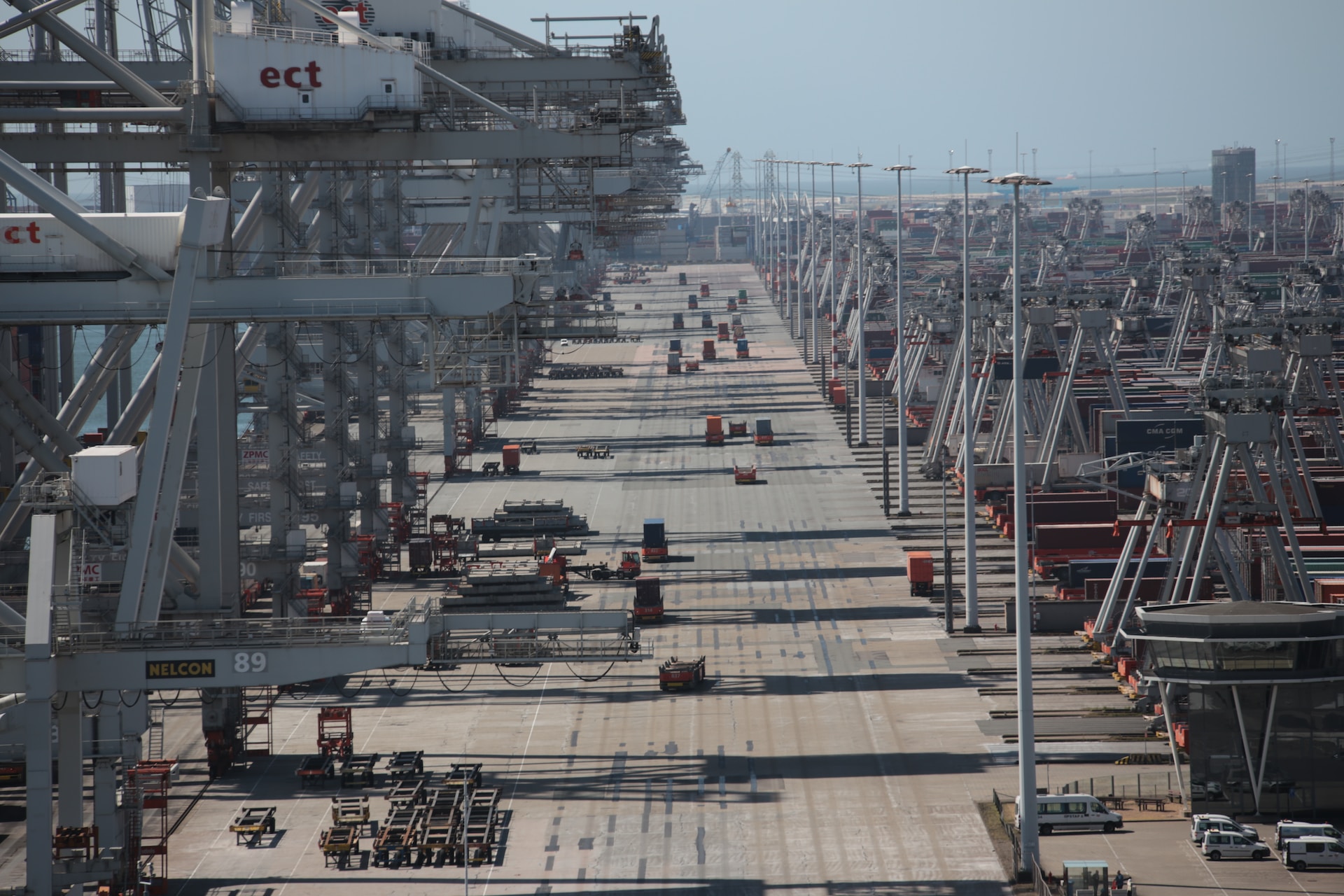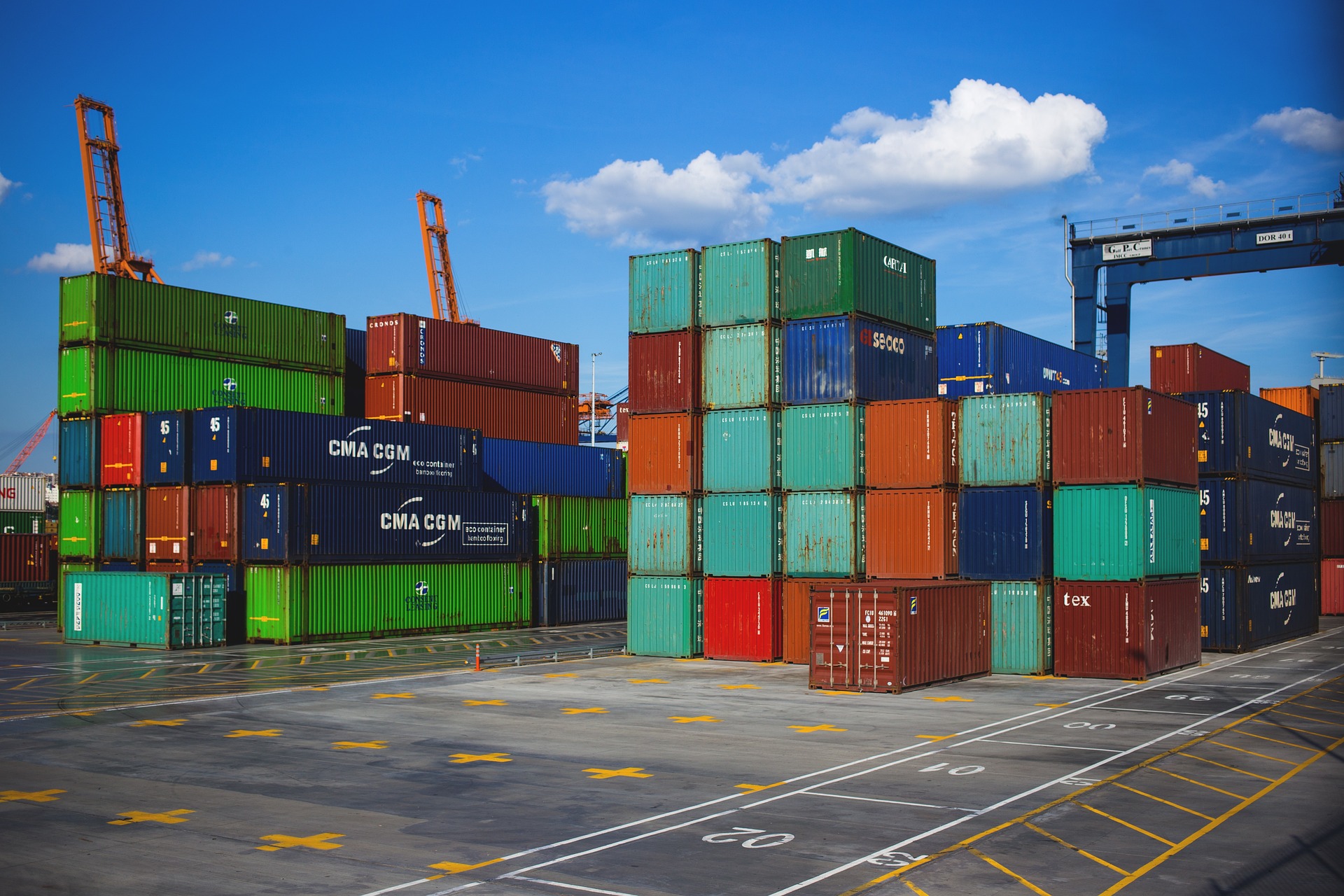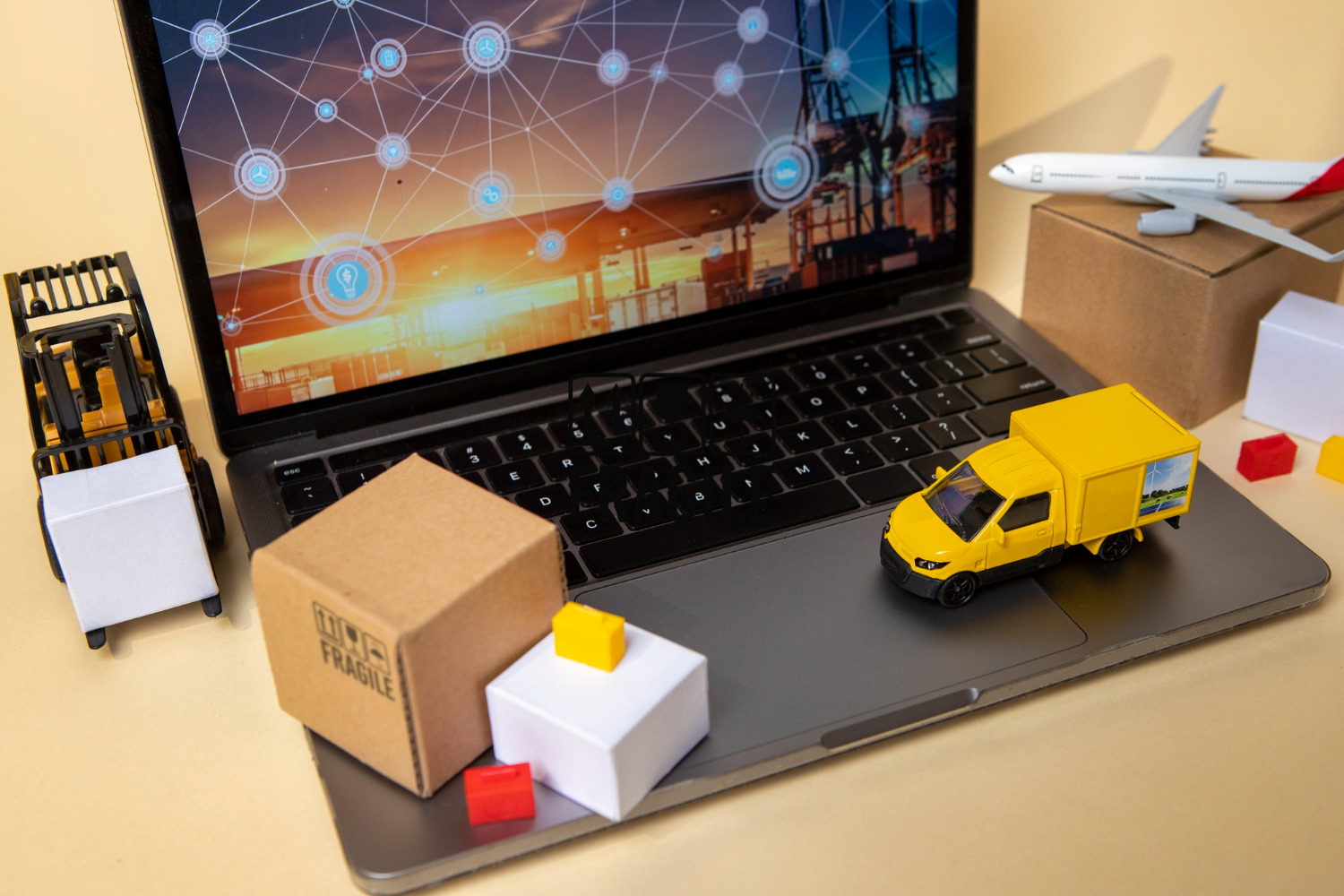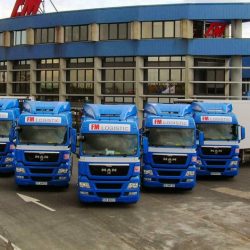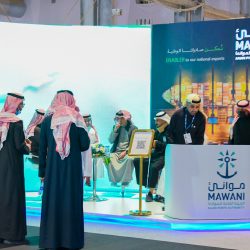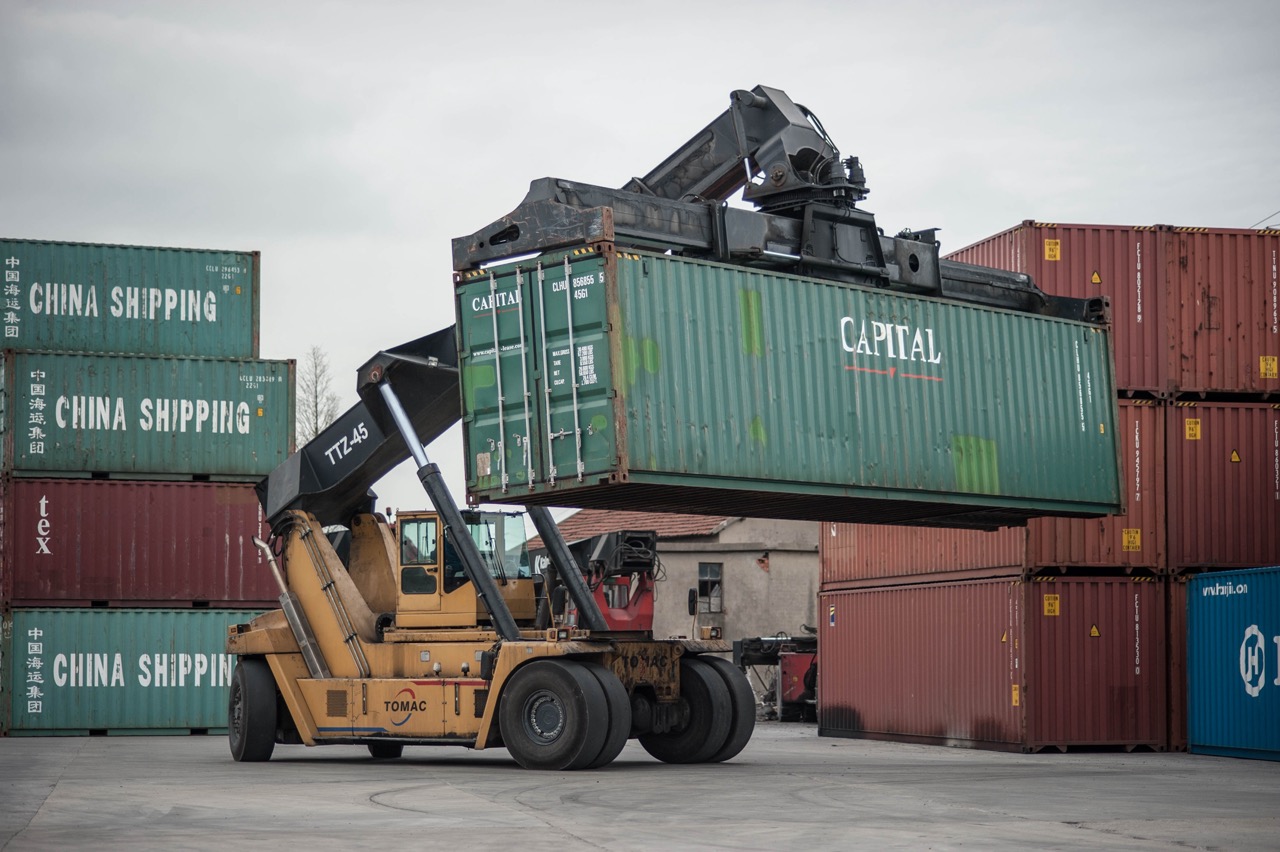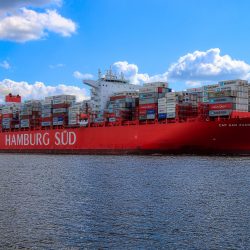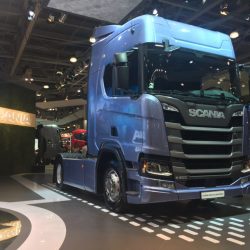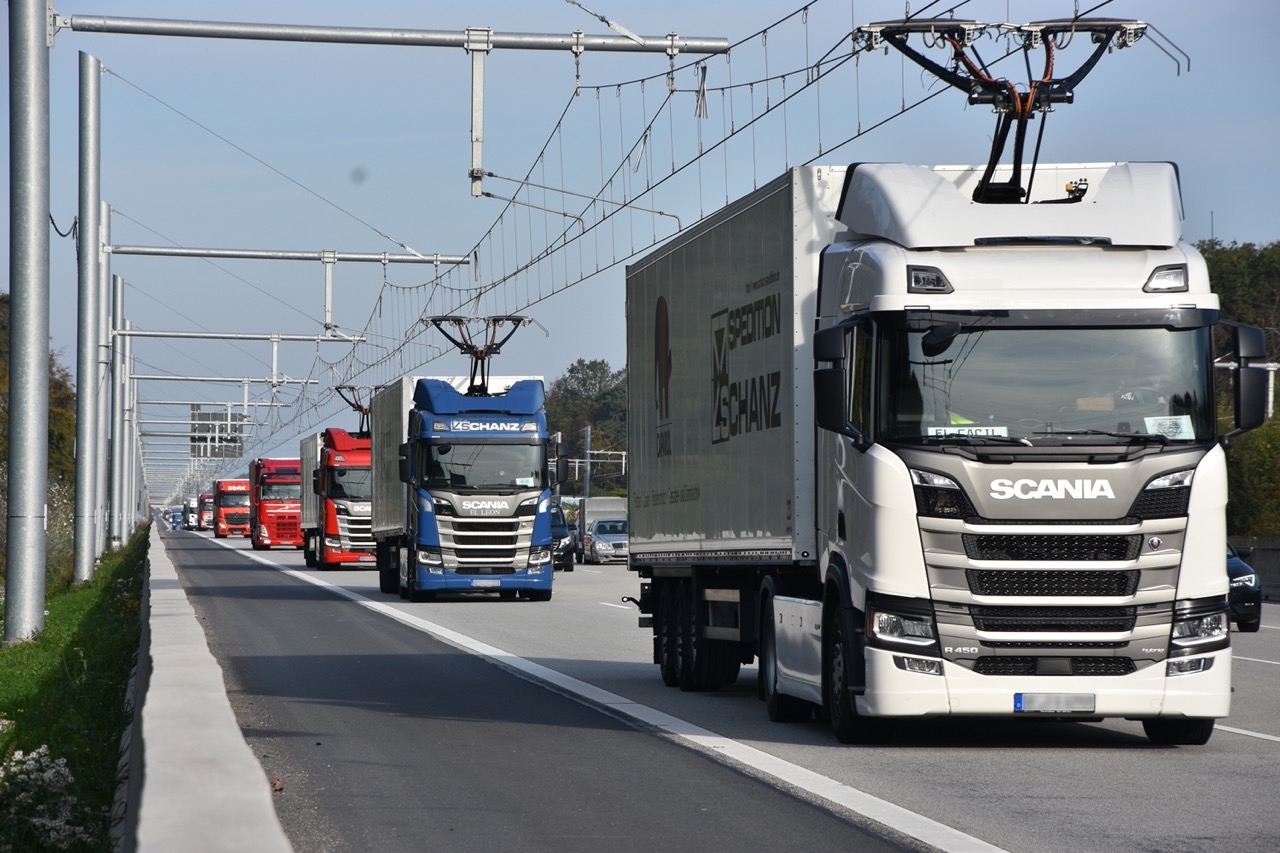Hyundai Motor Group plans to unlock hydrogen vehicle potential
The Korean Hyundai Motor Group Corporation plans to install a new generation fuel cell system on its trucks. This decision will make the manufacturer the first in the world to provide all models with this equipment. In addition, the company intends to equalize the cost for electric cars and cars that run on hydrogen fuel. Such innovations are part of Hyundai’s strategy to popularize hydrogen energy, which is designed until 2040. According to a statement from the manufacturer, the new hydrogen cell fuel system will be installed on all model lines until 2028.
It should be noted that most automakers, in order to reduce carbon emissions, rely on the introduction of electric vehicles, both commercial and passenger. At the same time, the hydrogen car segment is still not popular enough, although it has high potential. Now the situation is changing, as the European Union countries, China and the U.S. have begun to actively implement plans to reduce carbon emissions, and hydrogen fuel will make it possible to achieve the goals faster. Because of this, the leading car manufacturers BMW, Toyota and Daimler have turned their attention to this type of transport and have begun to introduce fuel cells that use hydrogen. Hyundai has also chosen this way to solve the environmental problem, here they see good prospects in the use of hydrogen for various spheres of life. This substance can be used for the functioning of workplaces, industrial plants, and housing. The global goal is to make hydrogen an available resource.
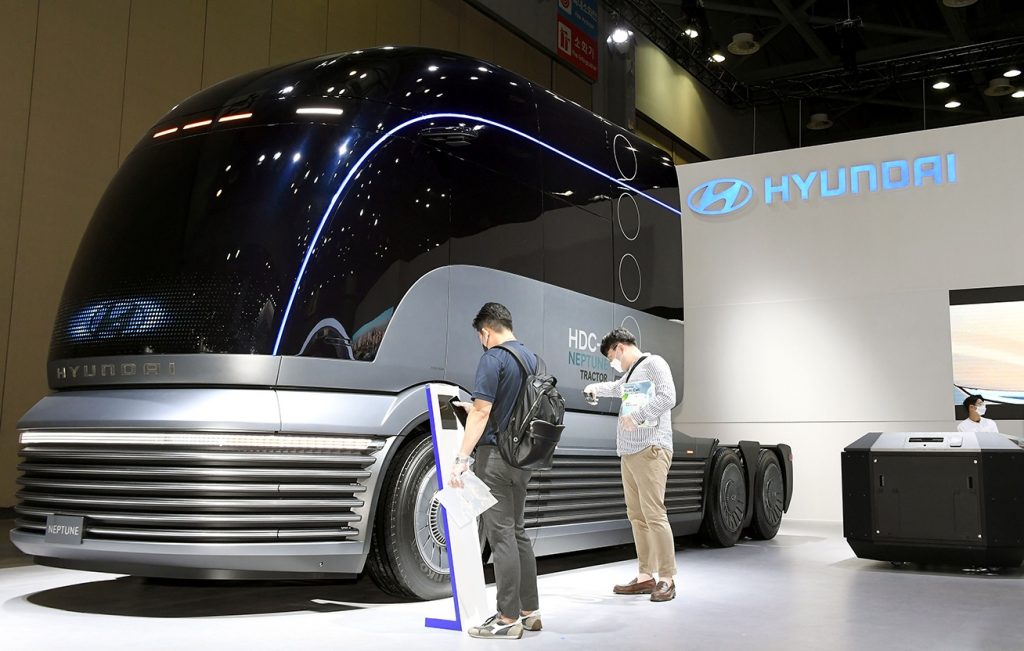
Hyundai Motor already has a hydrogen bus and truck powered by the Xcient Fuel Cell. Now a new generation of the Xcient Fuel Cell has been put into production. In addition, the manufacturer plans to produce a tractor based on the XCIENT Fuel Cell in 2023. Under development is a vehicle 5-7 meters long, which will operate on an improved version of the fuel cell designed for light trucks.
Its one innovation from Hyundai is the Trailer Drone autonomous solution. It is a container transport system that operates on hydrogen fuel with a dual configuration of e-Bogie.
As for the new generation fuel cell system, it will be available in two power outputs, 100 kW and 200 kW, designed for cars and trucks. Thanks to this innovation, the cost and volume of the hydrogen system can be reduced, while the performance will be higher. In this way, Hyundai wants to make vehicles powered by this element accessible to a wide range of consumers, as well as to unlock its potential.

